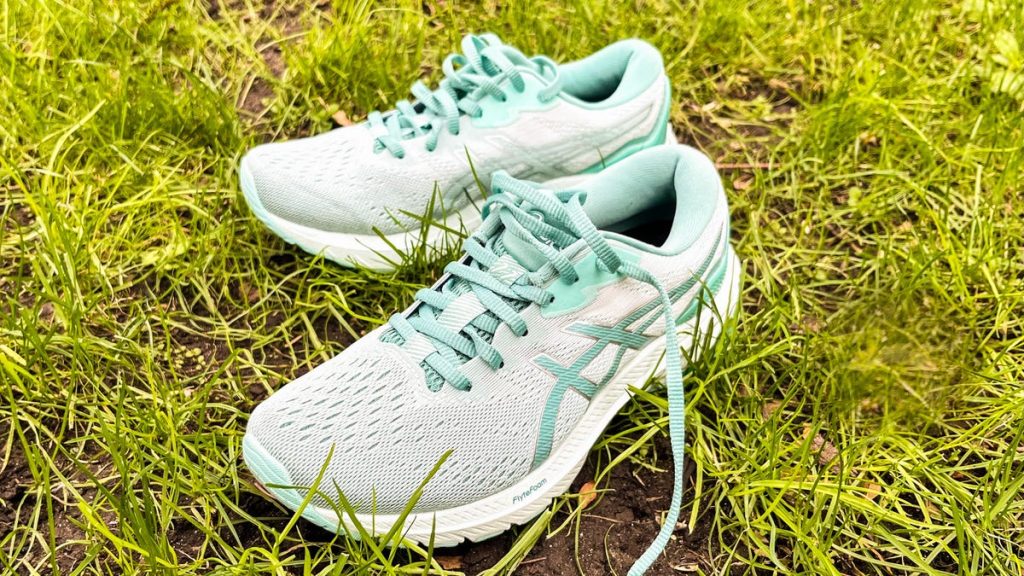Choosing the right walking shoe is more important than just selecting a stylish pair. It is recommended to have your feet evaluated by a podiatrist before making a purchase to prevent pain and other complications. Pooja Shah, a podiatrist, suggests a neutral shoe for most individuals, emphasizing the importance of a deep heel seat and good heel cushion to support the load while walking. Improperly fitting shoes can lead to balance issues, falls, and blisters, so it is crucial to ensure the shoes fit true to size. Consider the heel-to-toe drop as well, with a high drop recommended for heel strikers and a lower drop for midfoot strikers. Avoid completely flat shoes as they provide minimal shock absorption.
The weight of the shoe is also an important factor to consider. Shah advises against choosing a shoe that is too light and flexible, as it may not provide enough support. A flexible shoe may lack midfoot support, while a heavy shoe can be uncomfortable for high-intensity activities like running. Look for an upper with mesh fabric to allow for proper ventilation during walks or runs. Various shoes are marketed for different gait types, such as overpronation, supination, or neutral pronation. Overpronation causes the foot to roll inward excessively, leading to collapsed arches and flat feet. Custom orthotics may be necessary for those with overpronation.
Supination, or underpronation, occurs when the foot does not roll inward enough and instead rolls outward too far. People with supination typically have high arches and may benefit from shoes with a wide toe box to accommodate pressure on the outside of their toes. Neutral pronation, considered normal, involves the foot rolling inward naturally to absorb shock and maintain proper alignment. Shoes with arch support are crucial for those with overpronation, while those with supination may require a wide toe box for comfort. It is essential to understand your gait type and choose a shoe that provides the necessary support and alignment for your feet.
In conclusion, selecting the right walking shoe involves considerations of fit, cushioning, support, and ventilation. Consulting with a podiatrist can help determine the best shoe for your foot type and gait. Neutral shoes with deep heel seats and good heel cushioning are generally recommended, while arch support may be necessary for those with overpronation. Understanding your gait type, whether it be overpronation, supination, or neutral pronation, can help you select a shoe that provides the proper support and alignment for a comfortable and injury-free walking experience. Ultimately, choosing a shoe that fits properly and supports your feet effectively is key to preventing pain and improving your overall walking experience.


